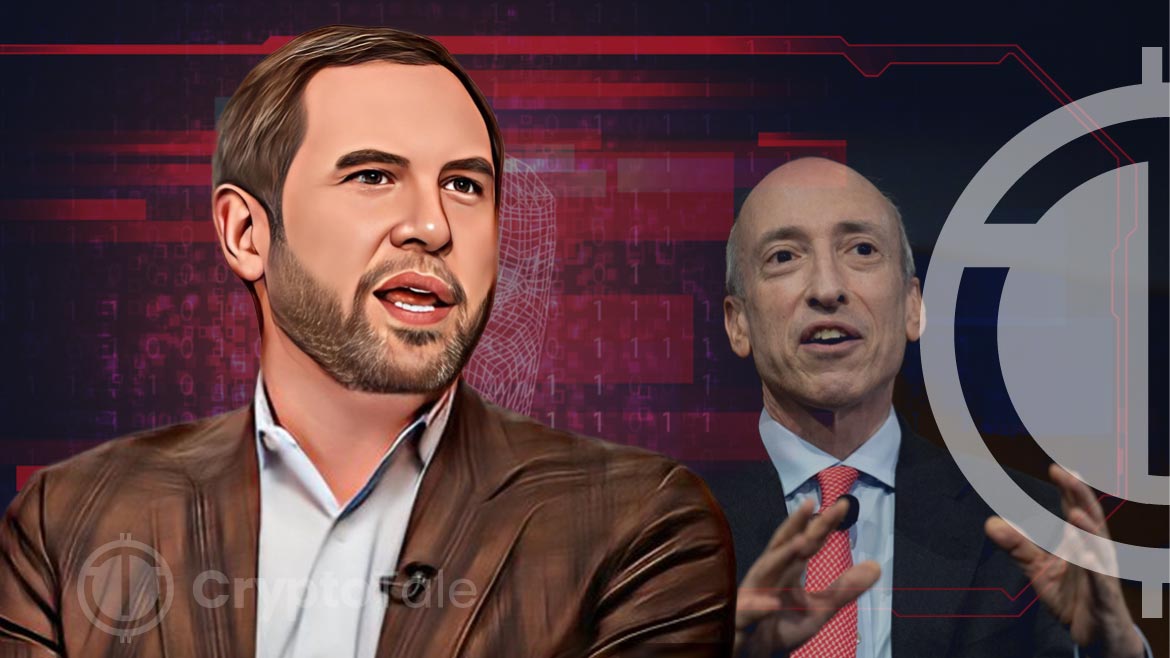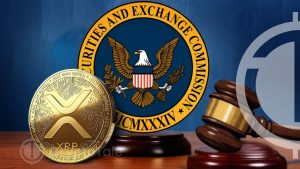
Gary Gensler, Chair of the Securities and Exchange Commission (SEC), has sparked controversy with his recent comments on the crypto industry. His assertion that many leading crypto executives are either in jail, facing jail time, or awaiting extradition has drawn significant backlash.
Brad Garlinghouse, CEO at Ripple, argues that Gensler’s statements are both exaggerated and misrepresentative of the industry’s complexity. Furthermore, his past interactions with figures such as Sam Bankman-Fried and his absence from significant announcements have fueled skepticism about his effectiveness in regulating the sector.
Gensler emphasized the need for compliance within the crypto industry, highlighting that many tokens and platforms fail to adhere to existing securities laws. He stressed that this lack of compliance denies the public the necessary disclosures required by law.
Consequently, Gensler sees this non-compliance as a significant risk to investors, underlining the importance of proper disclosure and adherence to regulations regardless of where operations are based.
Judge Greenlights Civil Securities Lawsuit Against Ripple LabsMoreover, Gensler pointed out the often misleading claims of decentralization by many crypto platforms. He argued that these platforms are highly centralized and frequently operate with conflicts of interest. According to Gensler, these entities engage in practices such as trading against their customers and benefiting from the subsequent market effects, which are prohibited by law.
The SEC Chair’s stance on applying securities law to the crypto industry has been a point of contention. Industry leaders, such as Charles Hoskinson, co-founder of Cardano, have criticized the notion of regulating cryptocurrencies under current securities laws.
Hoskinson highlighted the multifaceted nature of cryptocurrencies, which can function as commodities, securities, currencies, and more, questioning the practicality of existing regulations for such dynamic assets.
Additionally, Gensler addressed the SEC’s approach to crypto exchange-traded funds (ETFs), particularly spot ETFs. He noted that the approval process for these products is stringent, aiming to ensure full compliance with regulatory requirements. This scrutiny is intended to provide safer investment options for the public, contrasting with the largely non-compliant platforms where most crypto trading occurs.














